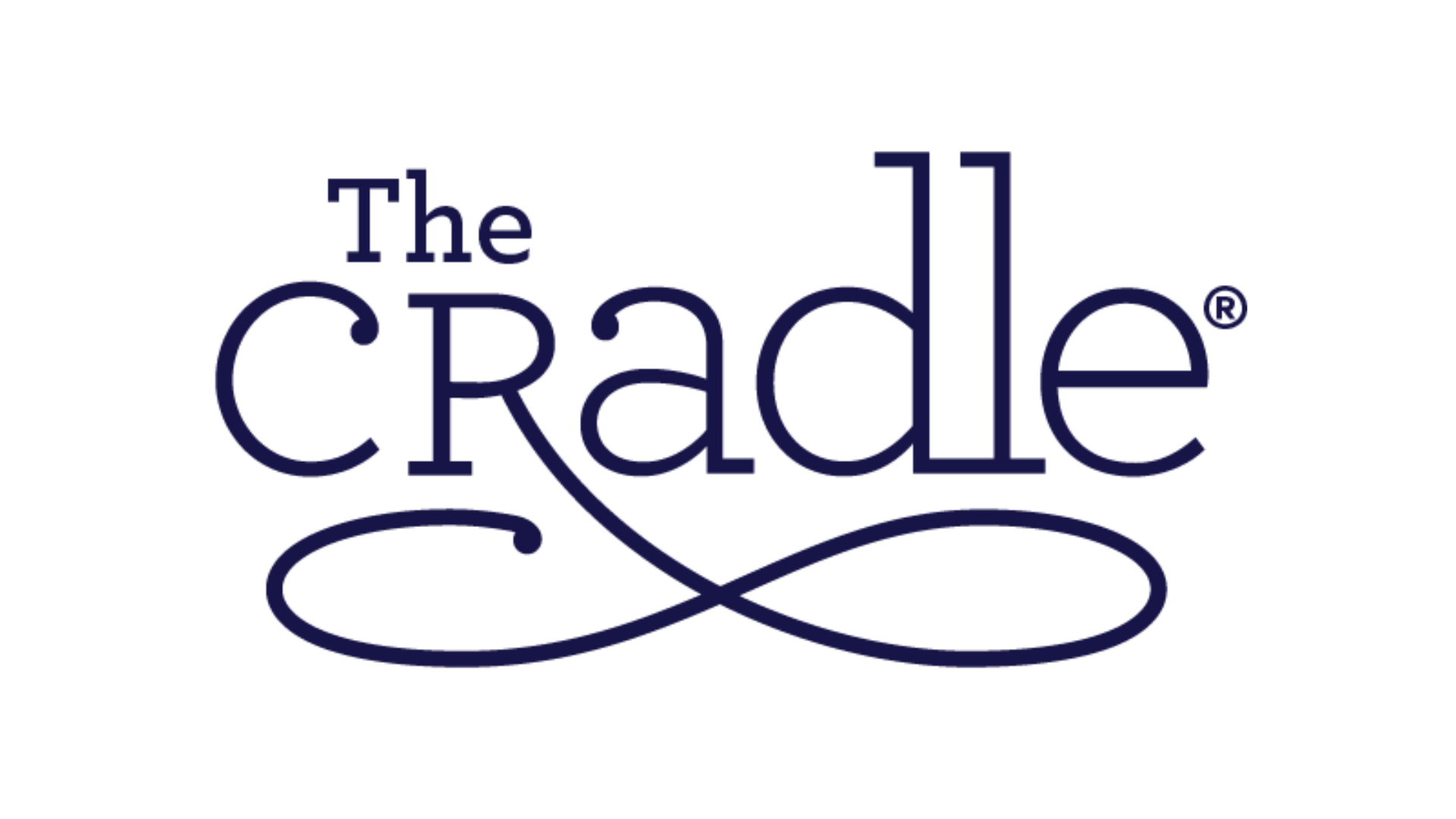Do we really need to talk about adoption all the time?
The simple answer to this common question is no, you don’t need to talk about adoption all the time. I’ve counseled adopted teens who’ve said things like: “I wish my parents wouldn’t bring up adoption every two seconds. They should just give it a rest.”
While you don’t need to talk about adoption “all the time,” it is important to keep the topic a safe and comfortable one in your family. As your child matures and understands adoption in more sophisticated ways, you want to keep him/her company as his/her understanding of the facts of his adoption deepens. Find ways to bring up the topic if your child isn’t the type to ask you lots of questions. My rule of thumb is if the topic hasn’t come up naturally every 4-6 months, you should bring it up. Look for opportunities to insert the topic, like debriefing a school project on genetics or in response to a question about a neighbor being pregnant.
Pair your discussion to your child's emotional age
Start when your child becomes curious about where babies come from, which is usually around the ages of 3 to 5. Begin the discussion with reassurance that adoption means your child is in his/her forever family. It’s important to normalize adoption as one of the ways families are formed and bedtime stories featuring adoption are a great way to do this. Then, be ready to answer typical questions. Questions of a 3-5 year old tend to be straightforward. “I grew in your tummy, right?” Your answers should likewise be straightforward. “Lisa is your birth mom. You grew in her tummy. She loves you very much and wanted me to be your mommy.
As your child matures, his or her questions will become more sophisticated. Your approach needs to grow up, too. A preteen or teen’s concerns will likely center on things like “Why didn’t my birth mom keep me?” or “Will I grow up to be more like her or you?” and “What about my birth dad? No one ever talks about him.”
For many parents, this is when things can get tricky. You may have limited information or may not feel that what you do know will answer all of your child’s questions. Share what you know and remember that kids watch our reactions for the emotional content as well as the information shared.
Rather than avoiding topics, be available to hear personal concerns
Birthparent information needs to be fleshed out so that their decision not to parent makes sense to your child. Something like, “your birthparent(s) weren’t able to take care of you and wanted you to be safe and happy. After thinking a lot about their decision and getting some counseling, they chose us to be your parents.” If the adoption is open, ask the birthparents’ help filling in information, or ask if they would feel comfortable addressing the topic directly. If you have letters from the birthparent(s), be sure to share those with your child. We sometimes hear from adoptive parents that they are waiting for the “right time” to give their child letters and cards from the birth family. I don’t advise this, unless there is something in the letter that is highly inappropriate.
“Please don’t think that because I’m not talking about adoption, I’m not thinking about it.” These words of sage advice were from an adult adoptee talking to parents of adopted teens. It’s a reminder to keep an open dialogue with your kids on this important topic. They need accurate information as well as your empathy and parental values to help them shape their own sense of identity as an adopted individual.
For more information on maintaining a healthy dialogue on the topic of adoption in your family:
- Adoption Learning Partners’ course Let’s Talk Adoption: A lifetime of family conversations – This highly informative, interactive online course draws on the wisdom of adoptive parents, adopted persons and adoption professionals to help parents identify and overcome barriers to talking about adoption.
- Twenty Things Adopted Kids Wish Their Adoptive Parents Knew by Sherrie Eldridge – Now in its eleventh printing, with more than 150,000 copies sold, this groundbreaking book gives voice to the very real concerns of adopted children and offers unprecedented insight.
If you’d like to discuss your family’s specific situation with one of our therapists, we would be happy to help. You can request an appointment through our online form or by calling us at 847-733-3225.














